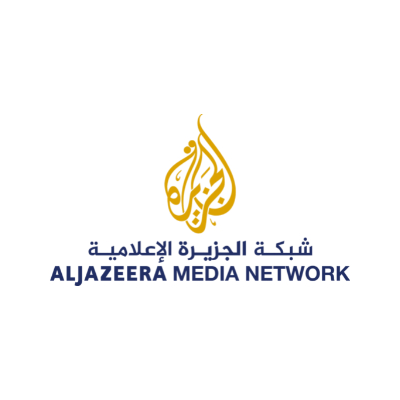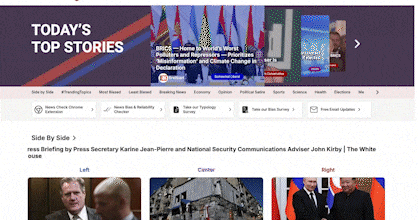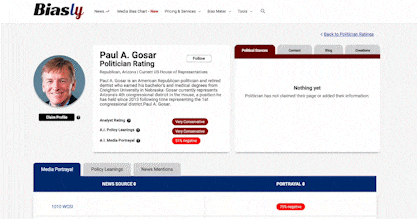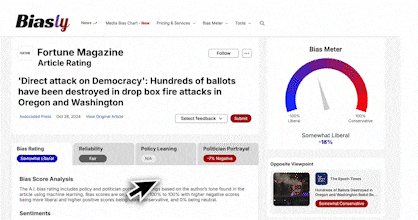 Al Jazeera Article Rating
Al Jazeera Article RatingThe Iran nuclear deal, six years on
- Bias Rating
-34% Somewhat Liberal
- Reliability
N/AN/A
- Policy Leaning
56% Medium Conservative
- Politician Portrayal
-24% Negative
Continue For Free
Create your free account to see the in-depth bias analytics and more.
Continue
Continue
By creating an account, you agree to our Terms and Privacy Policy, and subscribe to email updates. Already a member: Log inBias Score Analysis
The A.I. bias rating includes policy and politician portrayal leanings based on the author’s tone found in the article using machine learning. Bias scores are on a scale of -100% to 100% with higher negative scores being more liberal and higher positive scores being more conservative, and 0% being neutral.
Sentiments
N/A
- Liberal
- Conservative
| Sentence | Sentiment | Bias |
|---|---|---|
Unlock this feature by upgrading to the Pro plan. | ||
Reliability Score Analysis
Policy Leaning Analysis
Politician Portrayal Analysis
Bias Meter
Extremely
Liberal
Very
Liberal
Moderately
Liberal
Somewhat Liberal
Center
Somewhat Conservative
Moderately
Conservative
Very
Conservative
Extremely
Conservative
-100%
Liberal
100%
Conservative

Contributing sentiments towards policy:
69% : Iran has repeatedly said its nuclear programme is strictly peaceful, and the production of uranium metal will help it boost the quality and quantity of its radiopharmaceuticals and industrial radioisotopes.57% : Iran is also utilising more advanced centrifuges and has achieved significant technical knowledge in the past year.
55% : Since May 2019, one year after Trump left the JCPOA, Iran has taken several steps to boost its nuclear activities.
53% : A clear date has yet to be decided for the start of the seventh - and likely final - round of talks in Vienna to revive the Joint Comprehensive Plan of Action (JCPOA), the deal that was signed by Iran, China, Russia, France, Germany, the United Kingdom, and the United States on July 14, 2015.
46% : Supreme Leader Ayatollah Ali Khamenei has insisted they all must be lifted, after which Iran will "verify" their effective lifting and then scale back its nuclear steps.
45% : The Iranian foreign ministry's latest quarterly report to parliament on Monday appeared to confirm that politics at play in Tehran have led to the gap between the sixth and seventh round of talks.
45% : Iran has also insisted on a commitment by the US to not renege on the accord again in future as many Republicans and Israeli lobbying groups in Washington, in addition to a number of Arab states, still vehemently oppose the deal.
43% : Other factors complicating the talks are the layers of sanctions imposed by the US, and the multiple steps Iran has taken to advance its nuclear programme in response to the sanctions or sabotage attacks on its soil.
40% : In an interview on Monday, Russia's top negotiator in Vienna, Mikhail Ulyanov, said there are now "reasons for concern" rather than "regret" about Iran stepping away from the nuclear deal's provisions.
38% : The US, which abandoned the deal in 2018 and unilaterally imposed harsh sanctions on Iran - which has led Iran to refuse to negotiate with it directly in Vienna - has said it is ready for another round of talks, facilitated by the European Union, whenever Iran agrees to a date.
31% : It also followed the November assassination of nuclear scientist Mohsen Fakhrizadeh near Tehran, which Iran also accused Israel of orchestrating.
*Our bias meter rating uses data science including sentiment analysis, machine learning and our proprietary algorithm for determining biases in news articles. Bias scores are on a scale of -100% to 100% with higher negative scores being more liberal and higher positive scores being more conservative, and 0% being neutral. The rating is an independent analysis and is not affiliated nor sponsored by the news source or any other organization.

























